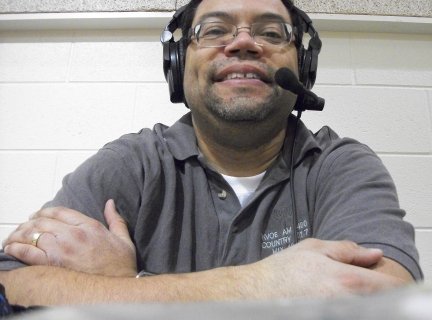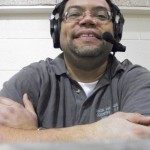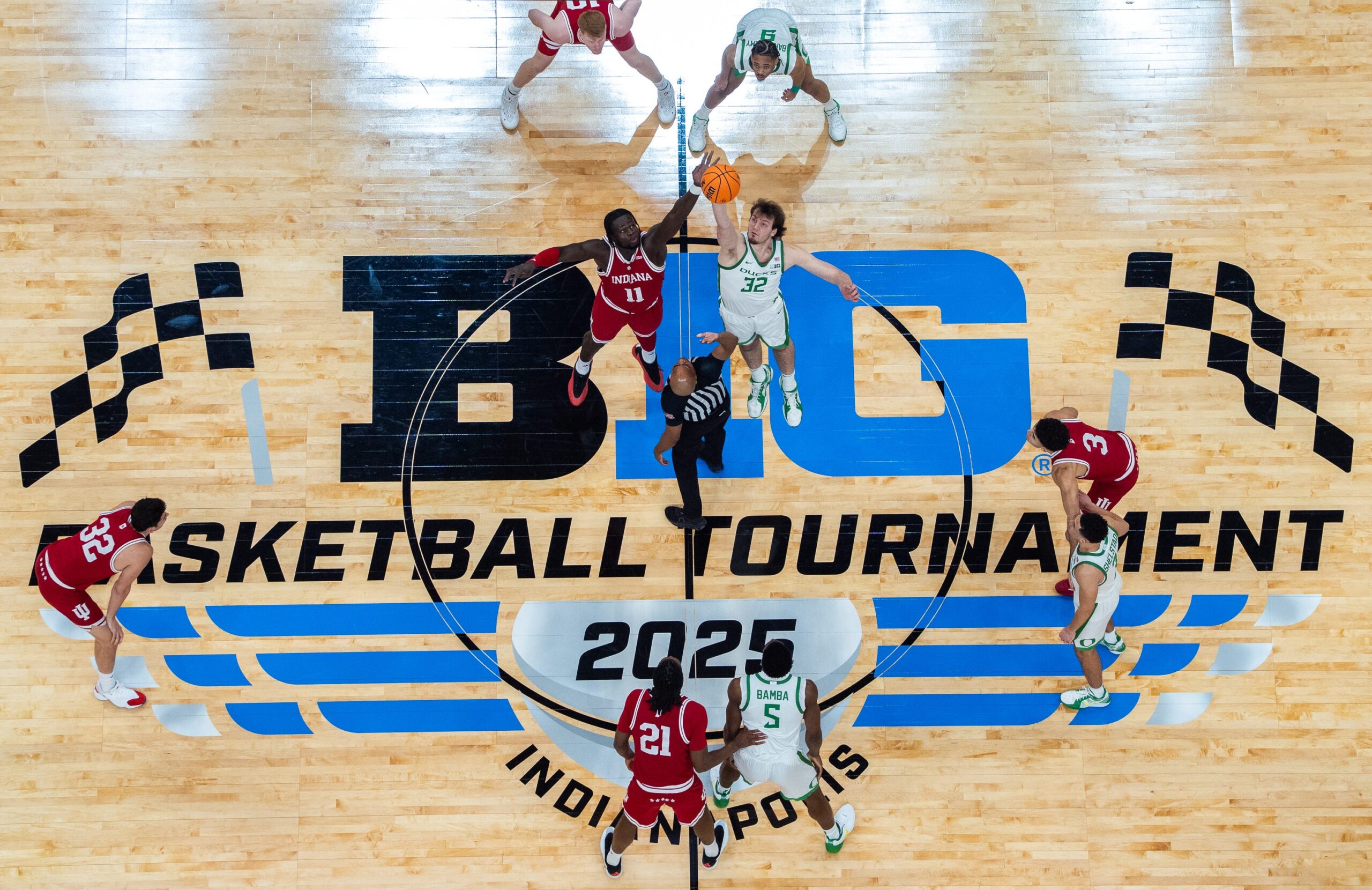Samples: poor umpiring, bad weather biggest issues this MLB season

By CHUCK SAMPLES
ISL Correspondent
Major League Baseball had a rough week, and you can thank a pair of umpiring crews for that.

By now, you know the stories. A’s lose a chance to tie a game against Cleveland when a home run is called a double, despite firm instant-replay evidence, and lose. Angels victimized by a misapplication of a rule on pitching changes against Houston but still win.
Sports leagues in America have typically held their officiating crews away from formal media scrutiny, but that has to change. Has to. In baseball, we’re starting to see more and more suspensions and fines for umpiring gone awry. That’s just dandy. But they should also face the media whenever there is a controversial play ” or an out-and-out screw-up, misapplication, whatever you call it.
Sitting an MLB umpire down with a pool reporter and then allowing said umpire to believe he can dictate the rules for how an interview will be disseminated, as Angel Hernandez allegedly did in Cleveland, is absolutely stupid.
I umpired youth baseball one summer. Thankfully, I never had a controversial call come my way or come nose-to-nose with somebody because of a decision I made. I did have a lot of groans about calls behind the plate (apparently my strike zone was tight for 12-year-olds to hit consistently) and a few boos on bang-bang plays at first. If I wasn’t called out on severe weather coverage, I knew people would find me to complain if they wantedbut I only had one coach come by to question a decision (balls and strikes) and to suggest I open up my zone a bit.
So I was lucky in that regard. And despite the tone of this column, that experience made me realize in some small way just how hard it is to be an official. It’s hard to get everything right, and if you don’t, or if you’re not sure if you did, it will eat at you if you care.
If you care. That’s what has a lot of people screaming at umpires as much as the messed-up calls from the past few days. Besides the immediate issue of the calls themselves, MLB has another problem on its hands because of the increasingly combative nature ” and decreasing job effectiveness ” of umpires like Hernandez, Tom Hallion, John Hirschbeck and others. Makes for great theaterat the expense of baseball quality.
Players and coaches have to own up to their mistakes or decisions when things don’t go as planned. Umpires should, too.
WEATHER NOT COOPERATING: I have already said this has been a messed-up spring when it comes to the weather. But a snow-out in early May is a little much.
That was the story on May 1 as the Royals and Rays tried to end their three-game set at Kauffman Stadium. Believe me, they tried because Tampa Bay isn’t scheduled to come back to KC. So they swung — and missed. Mother Nature threw the teams a cold, wet fastball for the first couple innings before changing speeds with snow…and lots of it…before, after better than a two-hour delay, officials just gave up and postponed the game.
To make matters worse, the Royals were victimized by the forecast of cold, wet weather Friday as the White Sox rolled into town. (The Royals have had no luck gaining any sort of rhythm this season, largely due to the weather, but that’s not the purpose of this column.)
What the Royals, Rays and White Sox experienced over the past few days is notable, but only because it’s affecting the MLB season later than normal. However, perhaps this points up the need for baseball to change its scheduling priorities.
For whatever reason, baseball at the professional level has been bound and determined to start in either early April or late March. It’s tradition for longer than I can remember. However, put baseball up against the weather in March and April, and you run the risk of losing a significant amount of games because of rain and/or snow. And this isn’t just limited to the Upper Midwest. From Denver through Kansas City and Chicago east across Pennsylvania, Maryland, New York and Massachusetts, the risk of snow-outs is a legitimate concern for the first three or four weeks of the season.
And, if you look at it, this impacts some of America’s biggest media markets.
I understand it may be advisable to keep the April games. From a monetary standpoint, you could well get 1.5 to two full games worth of advertising in (I’m just speculating because that’s not my field of expertise), plus you definitely could receive up to two games worth of attendance, concessions and merchandise for the original and makeup date.
From the fan’s standpoint, though, it’s horrible. Only the hardy or the stupid would sit through a game like what transpired Thursday in Kansas City. Judging from the visual attendance estimate, less than 4,000 people fit either of those categories at the K.
The most sensible option — which is probably why it hasn’t happened yet — is to minimize the number of Frost Belt games until May 1. Every team needs to have an opening series in April. I will grant you that. But minimize the number of series until the risk of wintry weather is, 2013 aside, just about gone.
College teams from the Four Corners area to the Cumberland Gap and Shenandoah Valley have to do this every year, and mainly because the season in Sun Belt states opens in February. For a Purdue or Indiana to compete, you have to get the early games in. And because of the weather, you have to go south to do that. At least until games start in April and end in Omaha in August.
This would not be ideal from a marketing vantage point. But it would be more enjoyable for fans and, more important for team officials, safer for their biggest investments — their players.






